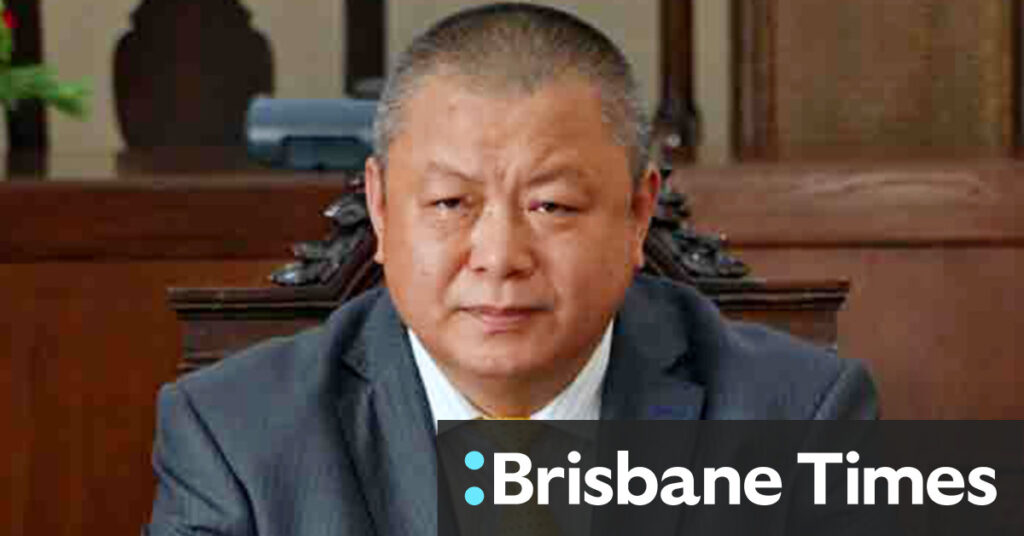
In a dramatic turn of events, Brisbane businessman Alex Cher has been accused of involvement in a covert operation to sell parts of Russian-made SU-35 fighter jets. This revelation emerged during a court hearing where prosecutors detailed evidence seized from Cher’s home and electronic devices.
On February 5, 2020, police conducted raids on Cher’s residence and that of his co-accused, Lee. Officers confiscated Cher’s iPhone X and computer, extracting crucial data that prosecutors are now using to build their case. The court heard that Cher allegedly acted as an intermediary for the sale of the military aircraft components.
Complex Investigation Techniques
The prosecution relies heavily on data retrieved from Cher’s phone, including conversations on WeChat and Viber, which present unique challenges due to their encryption and international communication protocols. Prosecutor Single explained,
“In any event, what we do have is the original downloads, which show the metadata behind each message.”
This metadata is crucial for establishing the authenticity and context of the communications.
Defense attorney McCarthy argued that the data’s authenticity must be verified before it can be admissible in court. He drew parallels to traditional evidence, stating,
“This is a device taken from a person at an airport, departing from the country, under suspicion it would seem, and the device has been copied, and that copy is then subsequently examined.”
He emphasized the need for rigorous examination akin to handwriting analysis for written documents.
International Espionage Concerns
The case has drawn significant attention due to its implications of international espionage. McCarthy highlighted the gravity of the situation, contrasting it with more mundane legal matters,
“This is a case involving international espionage,”
he told the judge. The defense is challenging the prosecution’s reliance on devices that are no longer in the Crown’s custody and have not undergone thorough examination.
The court has been presented with over 100 pages of translated messages and approximately 280 documents and emails from Cher’s devices. Both legal teams acknowledged the lack of precedent in Australian law for the specific type of authentication required for this digital evidence.
Historical Context and Business Background
Alex Cher’s journey in Australia began in the 1990s when he moved from Russia, changing his name from Alexander Tcherkezov. He initially founded an agriculture company in Queensland in 1996 and later expanded into property, construction, and maritime sectors. His ventures were partly financed by Russian and Ukrainian businessmen, adding layers of complexity to the current allegations.
This development follows a broader trend of increased scrutiny on international business dealings, particularly those involving sensitive military technology. Experts suggest that the case could set a precedent for how digital evidence is handled in espionage trials.
Future Proceedings and Implications
The trial has been postponed, with proceedings unlikely to commence until July next year due to scheduling conflicts. The prosecution plans to call at least three witnesses to testify about the authenticity of the phone downloads. Meanwhile, the Commonwealth has expressed its intent to take the matter seriously, given its potential ramifications.
As the case unfolds, it highlights the challenges of navigating international law and digital evidence in an increasingly connected world. The outcome could influence future legal frameworks for handling similar cases, underscoring the importance of robust evidence authentication processes.







